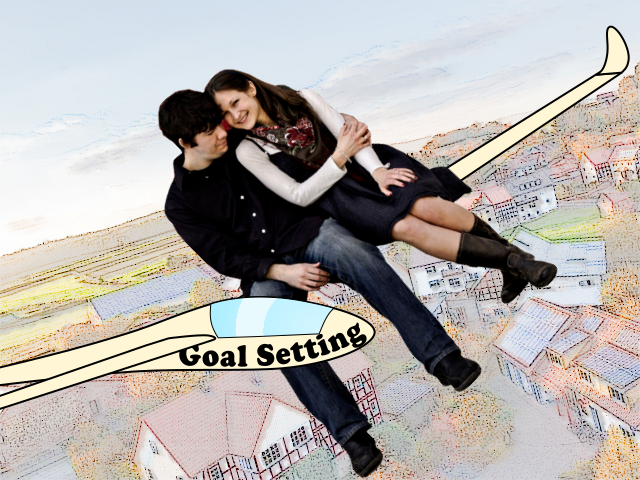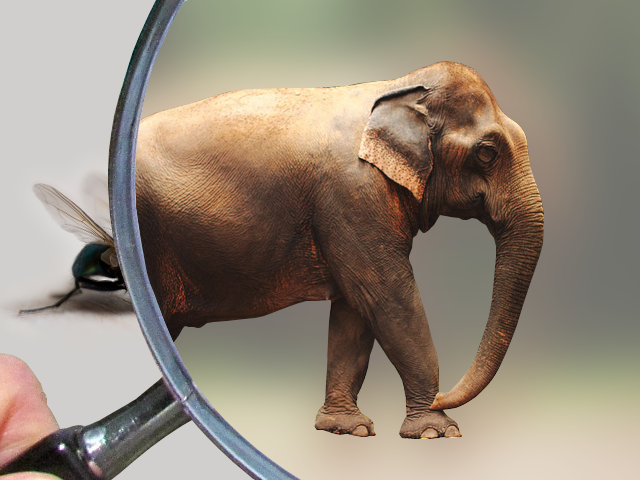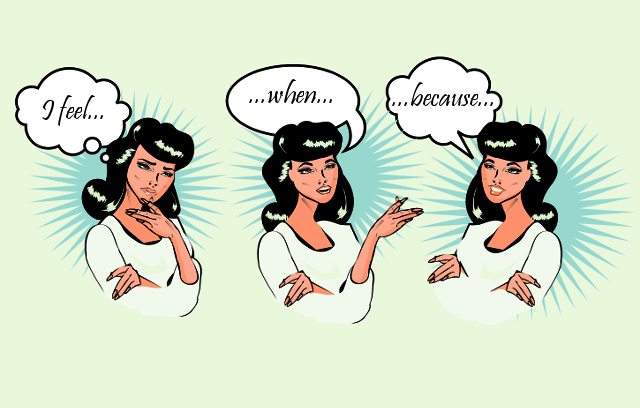
Love – A Never-Ending Story
While I ended this story with “She lived happily ever after,” in truth, the “ever after” has not come to be yet.
The story is really never ending. Every day offers my partner and me new lessons to learn about ourselves and each other and new challenges, which, as we open ourselves to each other in love, provides us with even greater possibilities for ourselves and our relationship into the future.
This is not to say that we never have arguments or disagreements, but because we love and care deeply for each other, we attempt to find a resolution in a way that demonstrates that love and care and which is good for both of us.
Nor does this mean that disagreements are always solved there and then...
Read More


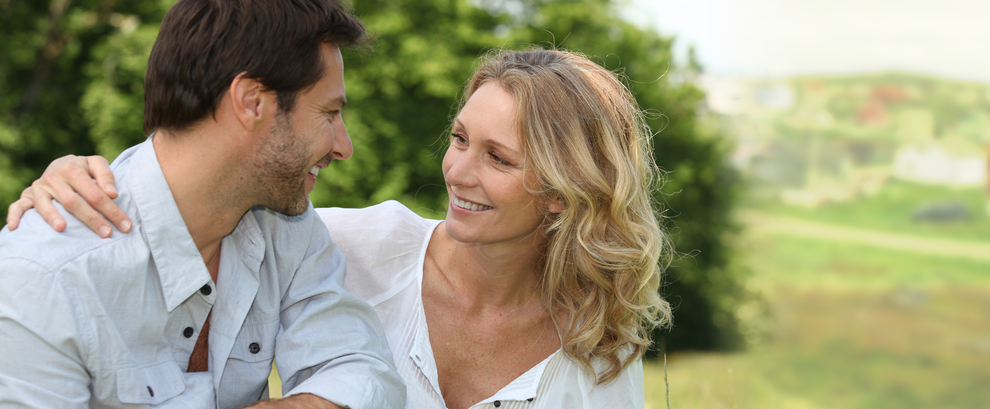


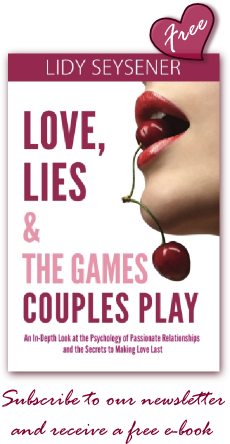




 Some people say that forgiveness means giving up all hope for a better past. Ironically, the future and the present are caused by the past, and thereby the past becomes our future and the present defines our past. And the causes and the effects mix to such a level that it is hard to even understand where it all started in the first place and where it will lead.
Some people say that forgiveness means giving up all hope for a better past. Ironically, the future and the present are caused by the past, and thereby the past becomes our future and the present defines our past. And the causes and the effects mix to such a level that it is hard to even understand where it all started in the first place and where it will lead.

